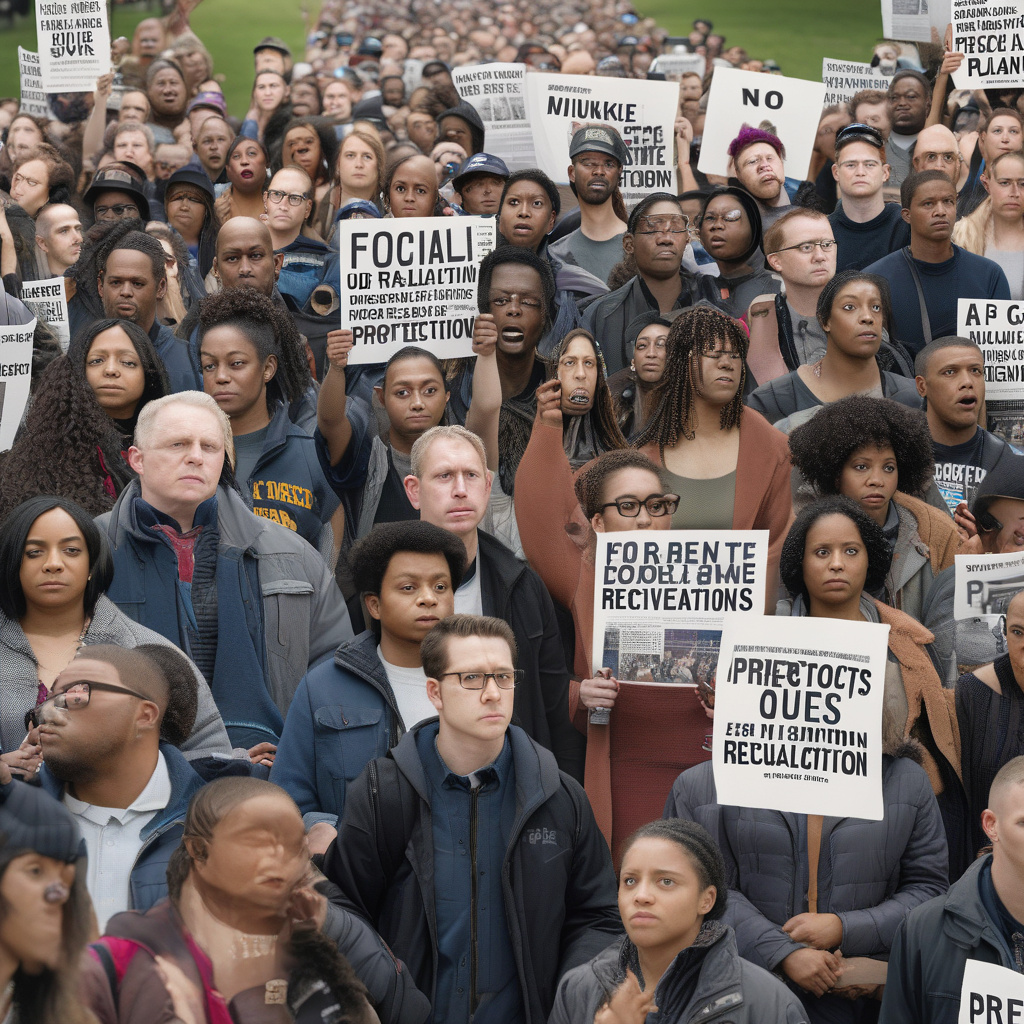Milwaukee Police Department Faces Backlash Over Secret Use of Facial Recognition Software
Milwaukee, a city known for its rich history and vibrant culture, is now at the center of a heated debate surrounding the use of facial recognition technology by its police department. In a recent public hearing, it was revealed that the Milwaukee Police Department (MPD) has been quietly utilizing facial recognition software, sparking outrage among residents and advocacy groups alike.
The revelation that MPD has been employing this controversial technology without public knowledge or consent has raised serious concerns about privacy, civil liberties, and the potential for misuse. Many are questioning the legality and ethics of using facial recognition software, which has been criticized for its lack of accuracy, especially when it comes to identifying people of color.
Facial recognition technology has been widely criticized for its potential to infringe on individuals’ rights and perpetuate systemic biases. Studies have shown that these systems are more likely to misidentify people of color, leading to wrongful arrests and further entrenching racial disparities in the criminal justice system. The secretive use of this technology by MPD only adds to the growing distrust between law enforcement and the communities they are meant to serve and protect.
The backlash against MPD’s use of facial recognition software highlights the need for transparency and accountability when it comes to implementing new technologies in policing. Residents and advocacy groups are calling for more oversight and regulation to ensure that these tools are used responsibly and in line with the principles of fairness and justice.
While proponents of facial recognition technology argue that it can help solve crimes and keep communities safe, the risks and potential harms associated with its use cannot be ignored. As the debate over the use of facial recognition technology continues to unfold in Milwaukee and beyond, it is crucial for policymakers, law enforcement agencies, and community members to engage in a thoughtful and informed dialogue about the implications of these tools on society.
The controversy surrounding MPD’s use of facial recognition software serves as a reminder of the complex challenges that arise at the intersection of technology, law enforcement, and civil rights. As we navigate this ever-evolving landscape, it is essential to prioritize the protection of individual rights and liberties while also addressing the legitimate concerns around public safety and security.
In conclusion, the backlash faced by the Milwaukee Police Department over its secret use of facial recognition software underscores the importance of upholding transparency, accountability, and ethical standards in the adoption of new technologies. As we confront the ethical and legal implications of facial recognition technology, we must strive to strike a balance between innovation and safeguarding the fundamental rights of all individuals.
Milwaukee, police, facial recognition, technology, privacy












